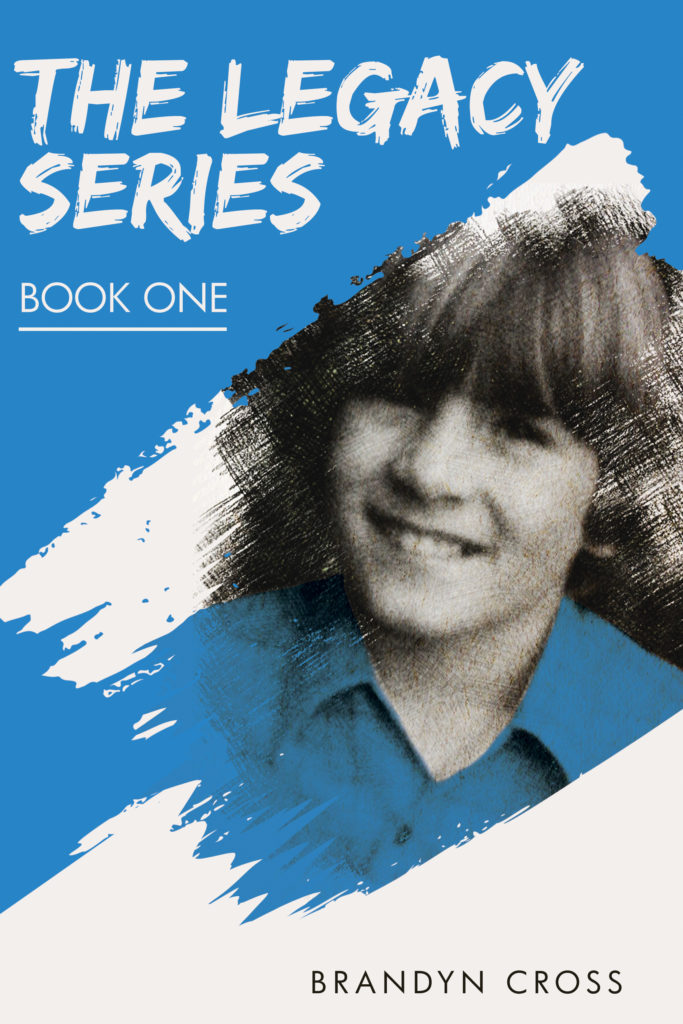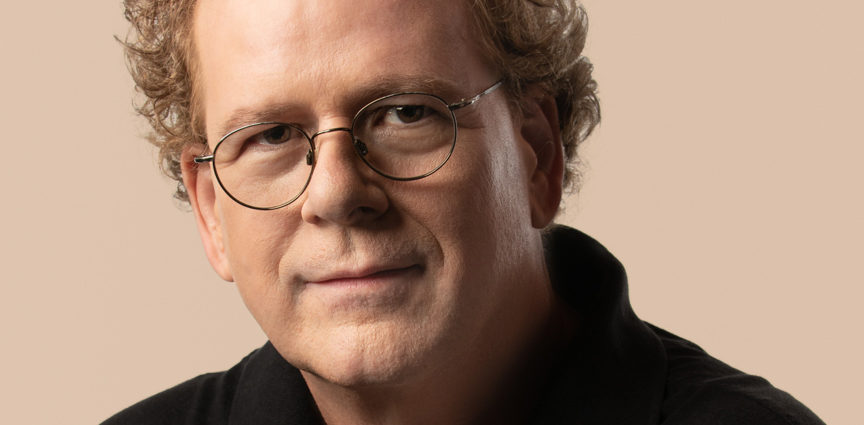An Interview with Brandyn Cross, author of The Legacy Book Series
What are the struggles that kids and teens face when it comes to abuse? What are some of the things that they will share with each other, that adults may be unaware of? The Legacy Book Series gives readers insights like no other. It is the story of a boy in the 90s as taken by the printouts of real Internet conversations that he left behind. Not only is the story fascinating, but it helps us see what such a situation is like for a child.
We spoke with the author about his books and his revelations that The Legacy Book Series brings to light. Cross is also a filmmaker, a musician, and an advocate for people with disabilities.
- Your book series addresses real kids in abusive situations in the early 90s. How did they cope in that online world?
Back in the day, the online world was pretty anonymous. No selfies, photo albums or videos, no detailed embedded biographies, no contact lists of about everyone you’ve ever met, and no kid on earth had a cell phone. It was just primitive message boards created for specific topics of interest, all within a closed system. They were generally frequented by a small group of people who all got to know each other, resulting in a close-knit group of ‘regulars.’
Some message boards were even age-restricted, as was the case with the kids in my LEGACY SERIES of books, which primarily take place on a ‘teens board’ off limits to adults. So even though the message boards were public, the kids knew what they said would remain private, between friends. As they became closer, they felt safe enough to share their secrets and speak to each other about the abuse they were suffering. Because of this, they organically created a support group of friends, where they could unload the terrible, private secrets they’d been carrying and help one another make some kind of sense of things that make no sense in a child’s life.
- How has it changed for kids today, many years later?
Unfortunately, there is probably no way this could happen today. The Internet has become too exposed. I don’t think anyone could connect and interact with such a group of vulnerable kids, protected by this type of anonymity.
In the present world, everyone’s whole life is presented on their social media accounts, websites, and by their contact lists of not only everyone they know, but everyone all those ‘friends’ know as well. But the inherent anonymity online back in the day is what made it possible for the kids in THE LEGACY SERIES to come together in this way and feel safe enough to reveal the secrets they’d been protecting their entire lives.
- How do you think facing abuse is different for boys and young men?
Almost all the public dialogue about abuse centers around young girls and women, so it might almost seem like boys are immune from the nightmare of abuse and, in particular, sexual abuse. At the same time in our society, the ‘boys don’t cry’ mentality is still very prevalent. As a result, as was so well stated by a record producer friend of mine, “boys don’t know if they can talk about this or, even if they can, they don’t know where to turn.”
Such was absolutely the case with Brandy, the 12-year-old victim of horrific abuse at the center of THE LEGACY SERIES. The anonymity of this private online world was the only avenue in his life where he felt safe enough to express himself and expose the terrible abuse he was dealing with every day of his life. We need to open public dialogue about the prevalence and horror of male sexual abuse, which is the primary purpose in publishing THE LEGACY SERIES.
- What advice do you have for kids who are experiencing abuse but don’t know where to turn?
First, we must understand that I’m not a psychologist, law enforcement, or anything of the kind. I’m just an author and can only speak from my own experiences and observations of the kids in THE LEGACY SERIES books. Now, this is a tough one because even well-meaning friends, family or whatever can cause as much damage to a child as the abuse itself by intervening in the wrong way. In fact, this precise danger is illustrated in THE LEGACY SERIES as Brandy’s friends nearly cost him his life by doing exactly this.
The correct steps to take have to be considered on a case by case basis as there are always unknown variables with not only the child, but the child’s parents as well. Yet, at the same time, it is paramount that something be done to stop the abuse. So, speaking to any child who might be enduring still-secret abuse, I have two points I want to make.
First, despite how you may feel, this abuse is not your fault or your doing; no matter how much you want someone to be your friend, or how much you might feel you’ve done something wrong, abuse is never something you deserve.
Second, look around for someone you can trust, be that a teacher, minister, policeman, friend’s parents, family member or whomever. Build upon that relationship until you feel comfortable enough to confide in them what you’re going through. You know your situation better than anyone and you’ll know how to safely confide in someone in a way that will not only free you from your abuse, but protect you from any more abuse at the same time.
- As someone with Autism, can you address the unique difference that an autistic child might experience when in an abusive situation? Do they react differently, in general?
First, I believe autistic children are at a greater risk of abuse than others for a couple reasons.
1) Autistic kids tend to be less likely to engage with others and speak openly, which makes them perfect targets for sexual abuse.
2) Their sometimes erratic and unpredictable behavior can push parents to potentially abusive reactions, and also attracts abuse by neighborhood and schoolyard bullies. As for how they react, I definitely believe they react differently.
From my own experience anyway, the difficulties autistic kids have in processing social interactions and their own emotions can make it far more difficult for them to recognize or understand abuse for what it is. That and their difficulty in expressing their feelings then compound to make it extremely hard to confide in anyone that they are, in fact, being abused. Beyond that, the reluctance abused or autistic kids have in trusting others by no means helps things. Bottom line- and not to minimize other kids’ abuse, abuse of an autistic child definitely presents its own unique sets of difficulties.
- What advice do you have for adults who might be close to a child experiencing abuse?
Again as a reminder, I’m not a psychologist, law enforcement, nor anything else of the kind. I’m just an author who happens to also be autistic. That’s it. That said, many adults are in a profession that mandates certain actions if they encounter a child they even suspect might be abused, much less if they know that to be the case. So, their course of action is already determined for them.
For others, I have two thoughts as a matter of opinion. First, seek out the advice of a psychologist, law enforcement, minister or anyone else with expertise in dealing with abused children.
Second, it is my opinion that, if at all possible, there could be numerous benefits to befriending the child to whatever degree possible. At most, the child may eventually confide their abuse to you, enabling you to help while, at least, you can provide the child some form of safe harbor and positivity which he might otherwise have nowhere else in his life.
- Tell us about your Legacy Book Series and where people can find it.

THE LEGACY SERIES is taken from the writings of a terminally ill 12-year-old boy on an early 1990s computer message board, as he also endures a life of physical, emotional and sexual abuse. There he finds and befriends a small group of older teens who ‘adopt’ him into their clan and try to help him escape the horrific secrets he’s been hiding from the world.
The books are stylized after the message boards upon which these correspondences originally appeared, giving the reader a real-life experience as they share the day to day lives of this group of outcast kids. The opportunity to share the personal introspection of an abused child, while that abuse is taking place, is truly unique and unprecedented. The books can be found most easily on Amazon, but also Barnes & Noble and other book retailers.
Brandyn started exploring his creative gifts following a serious industrial accident that turned him into a wheelchair-bound amputee in addition to already being high functioning autistic. Determined to show the world that even severe obstacles can be overcome, Brandyn began developing his innate creative abilities, studying and honing his craft, until ultimately turning this ambition into professional reality. Today, he continues this mission in earnest. For more information, visit his website.
